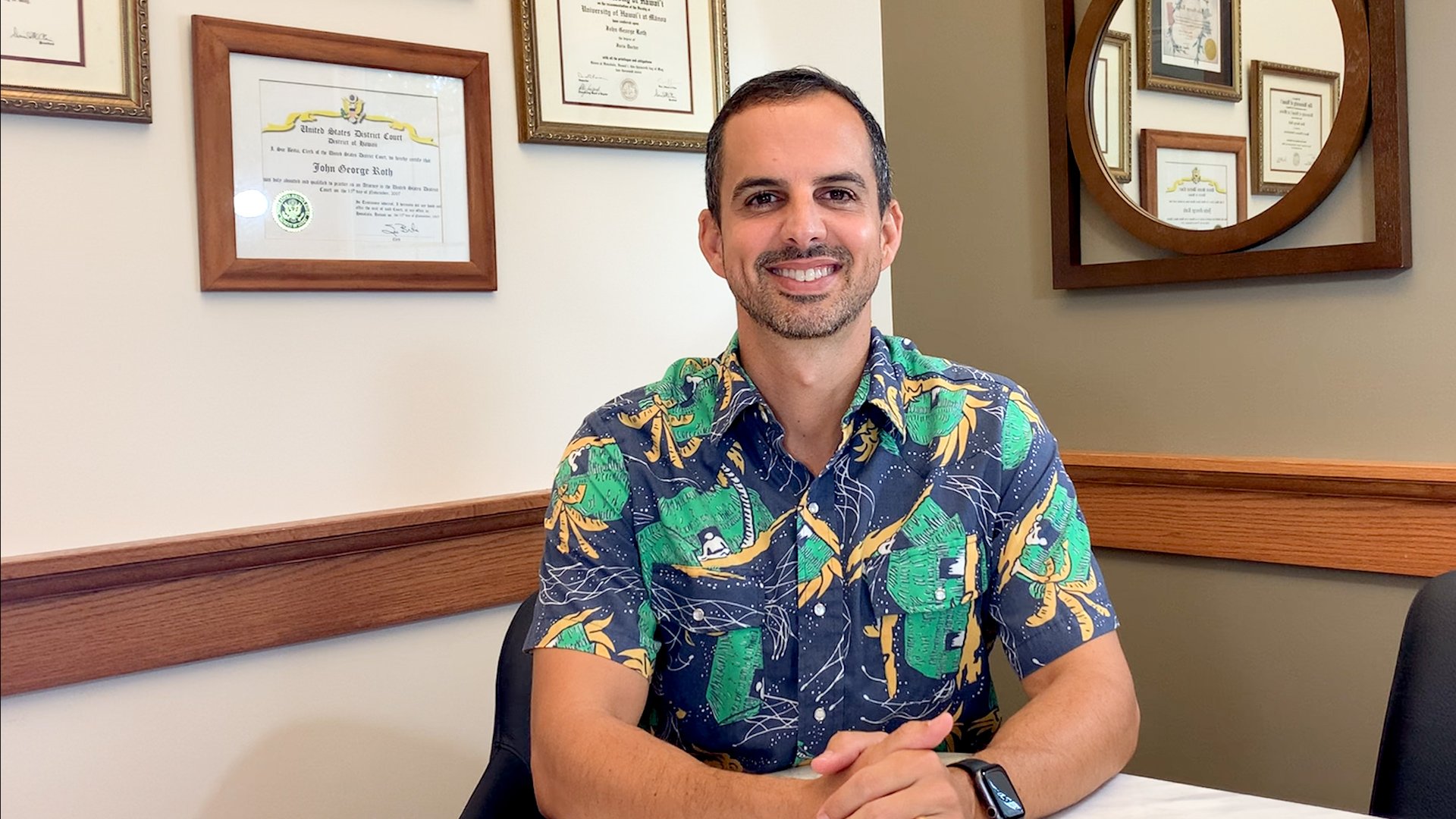It is possible to use either a “will” or a “trust” to direct property into the right hands following your death.
While wills accomplish little more than that limited goal, trusts can also be used to avoid the probate process and perhaps accomplish other goals such as protecting property in the event of a lawsuit, minimizing taxes, and reducing the chances of lawsuits. Such trusts must be funded with property while the person is still alive. That is why they are sometimes called living trusts.
The main reason many people use only a will is that living trusts can cost more to establish and perhaps add a degree of complexity.
Anyone wanting to place restrictions on future generations, can establish a living trust while alive, or they can include the terms of a trust in their will document. The latter trusts get funded only after the person’s death, and are called testamentary trusts.
The last of the Kamehameha line, Princess Pauahi Bishop, used a testamentary trust with the mission of establishing and operating Kamehameha Schools. Queen Liliuokalani’s living trust continues to serve at risk children. Because these trusts are charitable in nature, they can theoretically last forever.
Trusts that benefit only members of a particular family can last only as long as the Rule Against Perpetuities permits it to last, which is usually about 100 years.
Queen Liliuokalani used a living trust for several reasons. One was to reduce the chance of a lawsuit following her death. According to her lawyer’s handwritten notes, he had explained that:
“… a will could be attacked after her death, when she would not be here to defend it. I told her that a trust would have this advantage over a will; namely, if any attack were made upon it, such attack would probably be made in her lifetime, and not as in the case of a will, after her decease.”
The same lawyer recommended that she make the trust irrevocable for a different reason:
“I said to her, you will be importuned, probably for life, as the years go by, by those about you to provide for them, they claiming that they have some call upon your bounty. If this trust is made, your answer to all these demands and all these importunities may well be, ‘The book is sealed. I cannot change this trust.”
In short, a well-drafted trust may help to accomplish a variety of goals. Trusts can sometimes be used to accomplish a variety of possible goals, such as avoiding the probate process, protecting property and reducing the chances of disputes.
As always, I must add that this blog does not contain legal advice, and that you should not rely on any of the above information to determine what is in your own best interest.
JOHN ROTH
formed Hawaii Trust & Estate Counsel in April of 2014 .
John has taught Estate Planning as an adjunct law professor at the William S. Richardson School of Law at the University of Hawai`i–Manoa, and occasionally lectures in several other law courses there. He also periodically teaches the Business Law course at the University of Hawai`i–Hilo. John is also a frequent speaker at seminars for lawyers and other professionals in the areas of estate planning, probate administration… MORE












